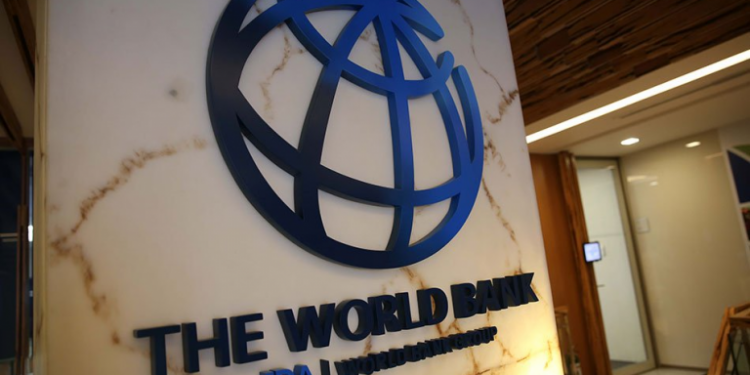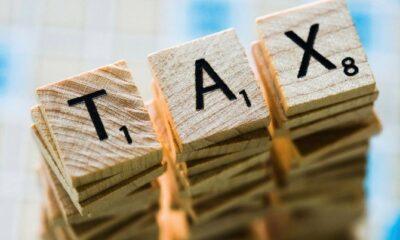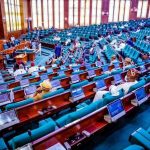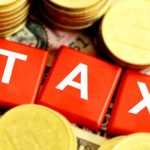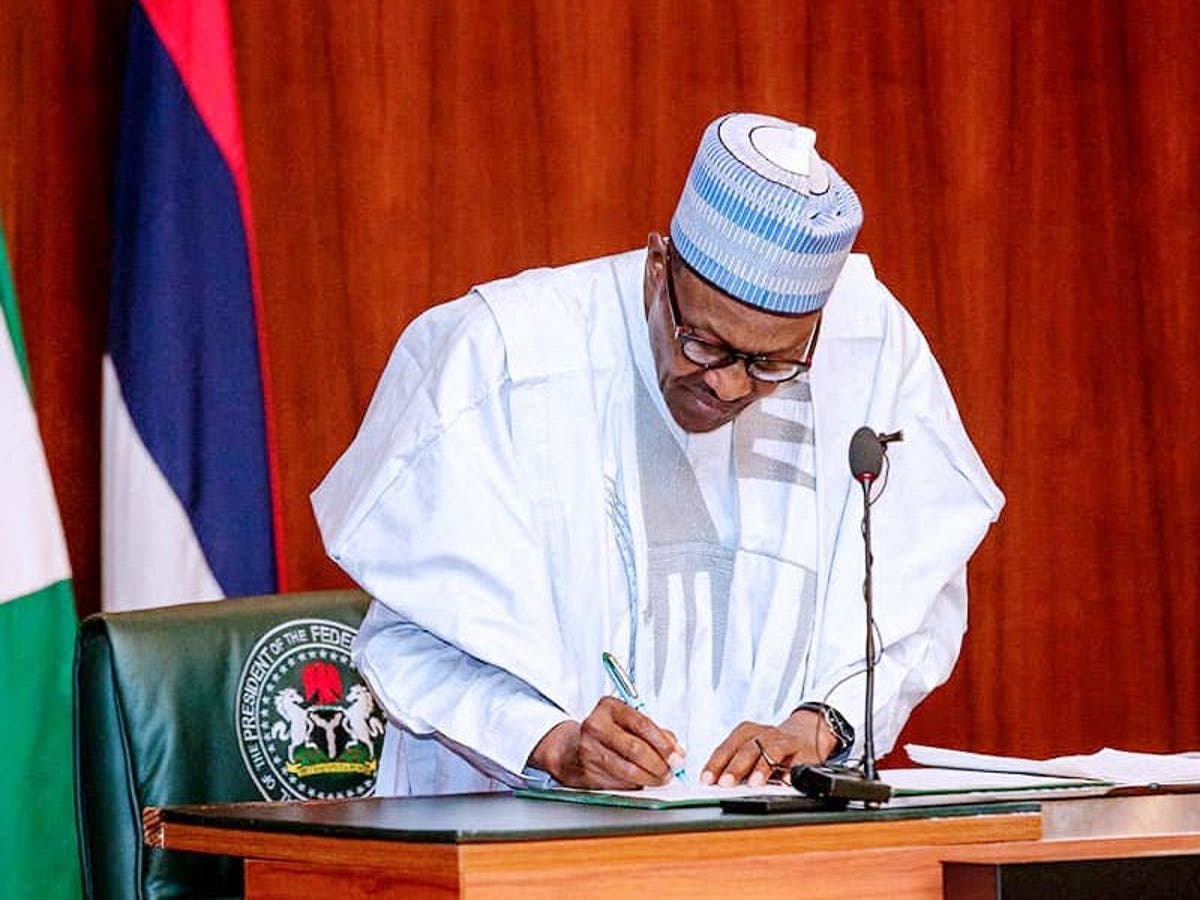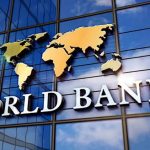The World Bank has disbursed a $1.5 billion loan to Nigeria, marking one of the fastest loan disbursements in the country’s history, following the Federal Government’s implementation of critical reforms. These include the removal of fuel subsidies and the introduction of comprehensive tax policies.
The loan, part of the Reforms for Economic Stabilisation to Enable Transformation Development Policy Financing (RESET DPF) initiative, was approved on June 13, 2024. The first tranche of $750 million was released in July 2024, with the second tranche disbursed in November 2024, tied to reform milestones.
Central to the disbursement was the removal of fuel subsidies. By deregulating the fuel market, petrol prices are now determined by international market rates and exchange rates, eliminating implicit subsidies that strained public finances. Fuel prices have risen over fivefold since mid-2023, sparking mixed reactions.
Additionally, the government submitted a Nigeria Tax Bill 2024 to the National Assembly, proposing a gradual Value Added Tax (VAT) increase to 10% by 2025, simplified tax compliance, and expanded input tax credits for businesses.
The reforms also included strengthening social protection delivery by mandating the National Social Registry as the primary tool for targeting social investment programs.
The loan comprises two tranches:
- A $750 million credit from the International Development Association (IDA) with a 12-year maturity and a 6-year grace period.
- A $750 million loan from the International Bank for Reconstruction and Development (IBRD) with a 24-year maturity and an 11-year grace period.
While praised for fiscal prudence, the removal of fuel subsidies and tax reforms have led to higher living costs, sparking protests in cities like Abuja, Kano, and Lagos. Citizens expressed frustration over surging petrol prices, transportation costs, and economic hardships.
In response, President Bola Tinubu defended the reforms as necessary for economic stability and growth. He announced relief measures, including cash transfers of N25,000 to 15 million vulnerable households. However, only four million households have benefited so far, far below the target.
Efforts are also underway to promote compressed natural gas as a cheaper alternative to petrol, with plans to convert one million vehicles over three years.
The World Bank lauded Nigeria’s swift implementation of the reforms, describing them as a strong commitment to economic transformation. It urged the government to sustain these reforms to address structural inefficiencies and mobilize revenues.
The Federal Government has secured $6.95 billion in World Bank loans over 18 months, with additional loan projects worth $1.65 billion in the pipeline for 2025. These projects will target education, nutrition, and support for internally displaced persons.
However, concerns remain over Nigeria’s rising external debt, with the World Bank accounting for $16.32 billion of the country’s total external debt, representing 38% of the debt portfolio.
The reforms, while challenging, are seen as critical steps toward stabilizing Nigeria’s economy and fostering long-term growth.


